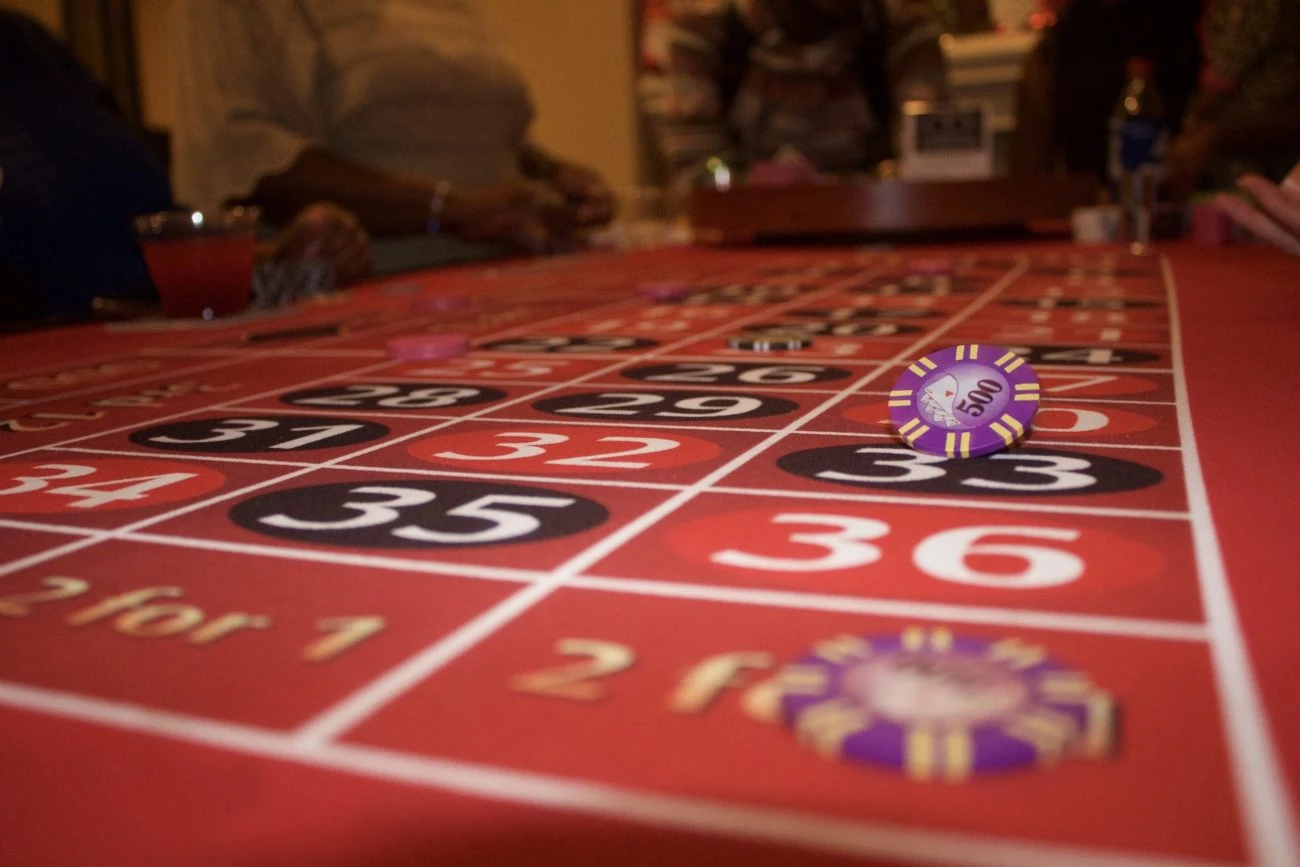First full quarter for Illinois casino aids Full House Q2

Full House’s Q2 revenue jumped 33.7% year-on-year to $59.4m over the three months ended 30 June 2023. President and CEO Daniel Lee credited The Temporary by American Place, the operator’s Chicagoland property that opened in February, for its growth.
“The Temporary by American Place completed its first full quarter of operations, recording $20.3m in revenue and $4.1m in adjusted property EBITDA,” Lee explained.
Visitation at the property picked up in April, he added. “The number of visitors surged at opening in mid-February and then, after a short lull, has grown steadily since April.”
Temporary boost to Full House Midwest revenue
The Temporary’s revenue was included under Full House’s midwest and south segment, which was $49.9m overall. This was a rise of 51.5% yearly.
This segment also includes revenue from the Silver Slipper Casino and Hotel and Rising Star Casino Resort.
The remaining revenue was driven by Full House’s operations in the west, which totalled $8.0m. This consists of revenues from Grand Lodge Casino, Stockman’s Casino and Bronco Billy’s Casino. From December 2023, this will also include revenues from Chamonix Casino Hotel, a new property in Colorado’s Cripple Creek.
Contracted sports wagering revenue, coming from skins operating through its properties in Colorado and Indiana fell by 36.2% to $1.3m. Illinois, via Temporary, will soon be added.
Startup costs weigh on Q2 performance
The Temporary was causing challenges, the CEO said however and costs were particularly high as a result.
“Our expenses relative to revenues have been higher than we expect them to be at ‘maturity’ reflecting primarily our costs to train new personnel, especially dealers, and additional advertising and marketing costs,” Lee said.
In particular recruitment costs were high due to a shortage of dealers, meaning the new property is only operating 30 of the 48 tables on the casino floor. “We continue to operate our own dealer school, where potential dealers are paid during their several weeks of training, which affects margins and profitability, but is necessary to reach the property’s potential,” he added.
Marketing expenses will rationalise as the Temporary builds brand recognition, he noted.
Down Full House’s balance sheet
Turning to operations, casino accounted for a majority of the Q2 revenue at $45.3m, a rise of 55.8% year-on-year. Food and beverage revenue was $8.6m, while hotel revenue hit $2.3m.
Other operations, which includes contracted sports wagering, were $3.0m – down by 45.9%.
Operating costs totalled $58.7m for the quarter, a rise of 62.5% from Q2 2022.
The higher operating costs caused a sharp decline in operating income which fell from $8.2m to $594,000.
Interest expenses came to $5.6m for the period, for a pre-tax profit of $5.0m, a drop of $6.2m year-on-year.
Following an income tax benefit of $561,000, Full House posted a $5.6m net loss for the quarter. Adjusted earnings before interest, tax, depreciation and amortisation (EBITDA) came to $10.5m, down 13.0% from the prior year.
Launch costs weigh on bottom line in H1
For the six months ended 30 June, revenue came to $1094m, a 27.5% improvement on the first six months of 2022.
However, the Illinois launch contributed to higher operating costs of $115.8m – a rise of 60.3%. This resulted in operating profit plummeting 147.2% year-on-year to $6.3m.
Total other expenses came to $10.0m. After considering income tax benefit of $526,000, the total net loss for the six months was $17.0m, a further decline of $12.7m than in Q2 2022.
Adjusted EBITDA, on the other hand, was flat year-on-year at $20.6m.
